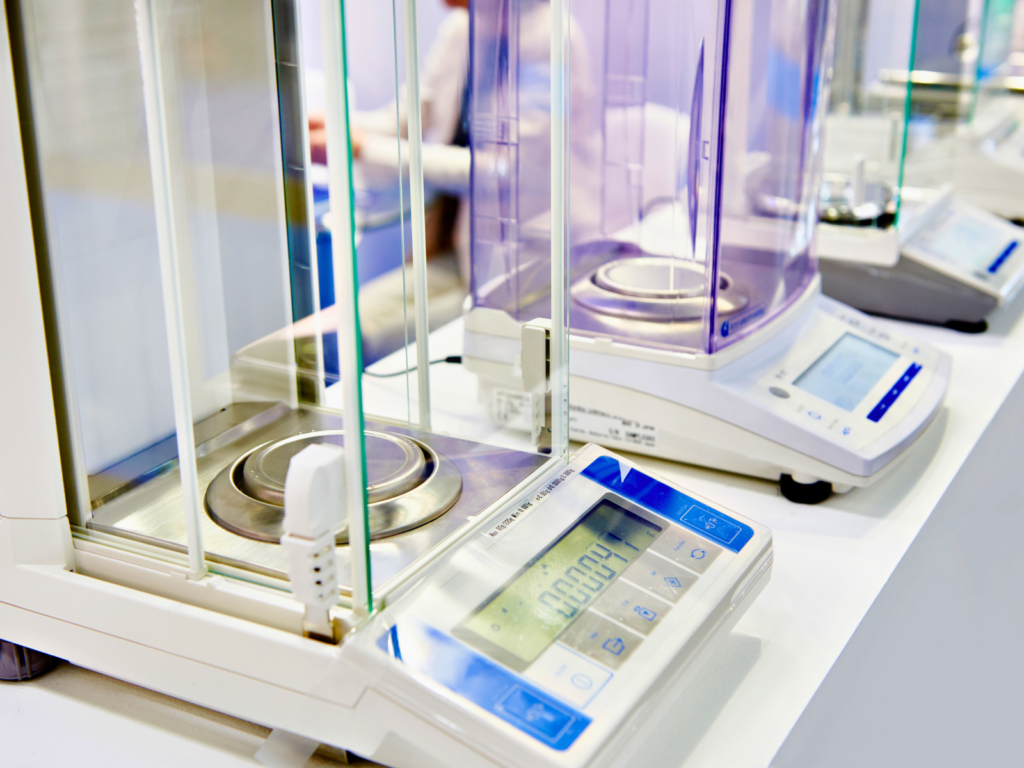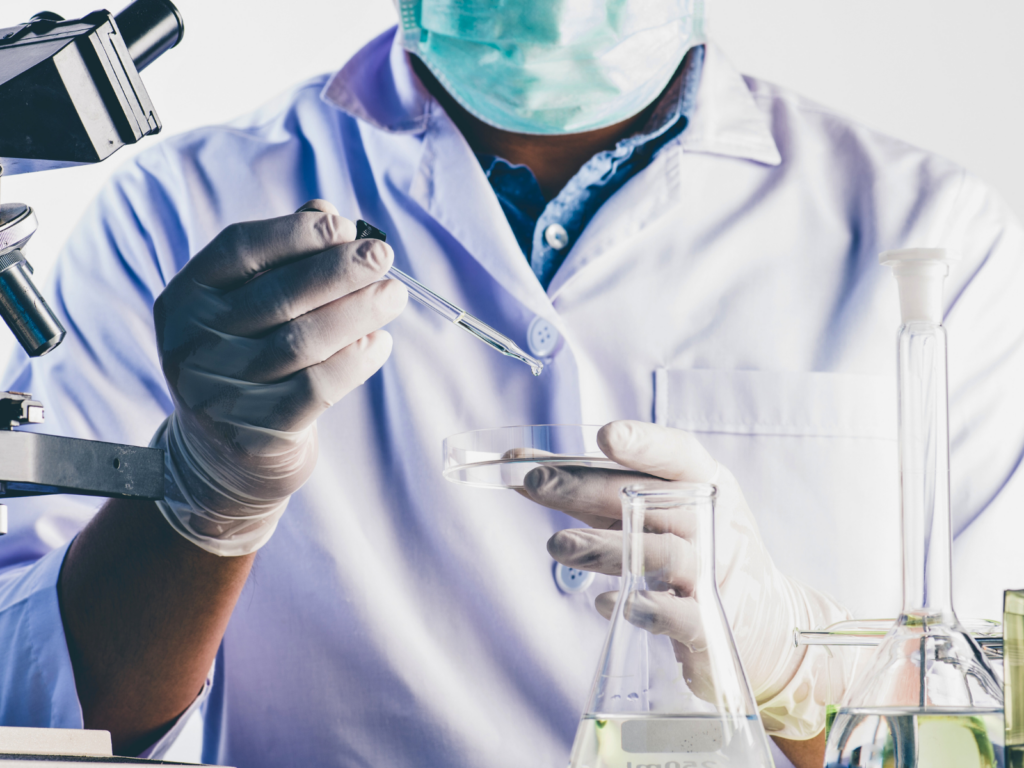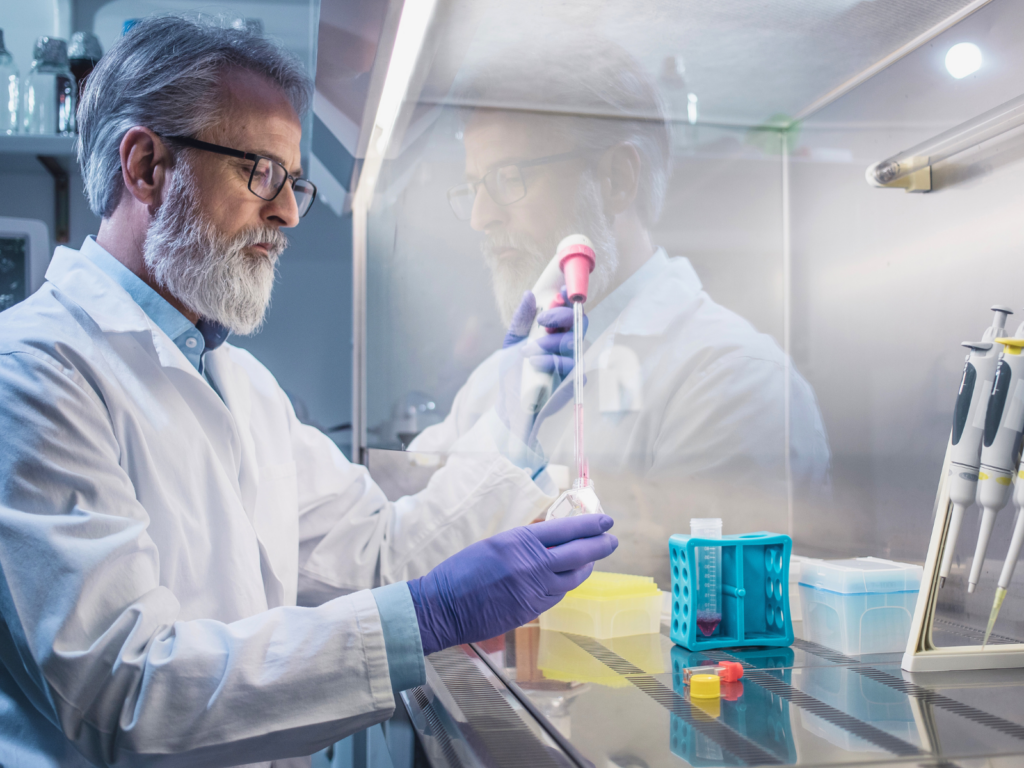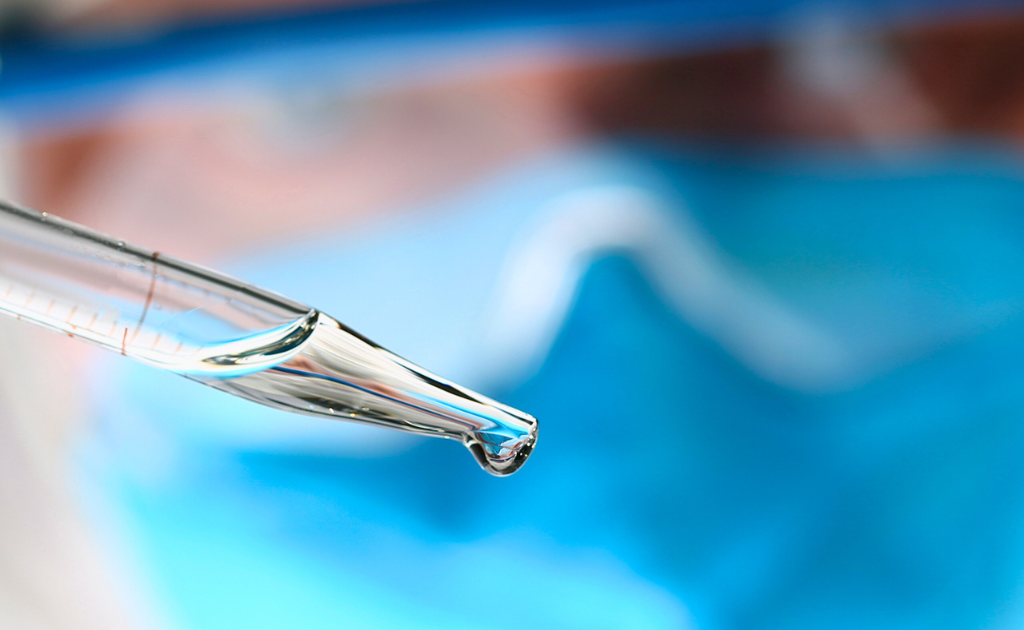Issues that May Arise During Calibration
Calibration is essential in maintaining your instruments within compliance. However, different factors can occur during and after calibration, compromising its result. Here we will look at some common issues encountered during calibration.
Why Equipment Fails
All instruments will inevitably lose their accuracy over time. With proper maintenance and care, it’s possible to minimize failure, but no matter how careful you are with your equipment, calibration is always necessary.
The following are some reasons why equipment may fail or fall outside of tolerance:
- Component Shift – Different components within a device can shift over time. This shift is progressive. At first, it may seem minor and harmless. However, the deviation will increase unless you regularly calibrate your equipment, creating a possible serious problem.
- Drops, Mechanical Shock, or Misuse – Dropping a device, exposing it to mechanical shock as well as mishandling it, or misusing it can result in vast measurement errors.
- Electrical Overloads – Exposing digital devices to large voltage inputs can cause overload and cause drift.
Environmental Changes – Changes in temperature and humidity levels can damage sensitive equipment.
- Exposure to Corrosive Substances
- Frequent Use
Maintaining a calibration schedule will correct drift in your instruments and bring them back to tolerance, so you can rely on their readings and avoid costly errors.

Factors Affecting Calibration
There’s a lot that goes into the process of calibrating a device.
In order to ensure the quality and reliability of calibration, technicians must undergo extensive training, and the instruments used must be traceable to a recognized national or international standard.
Additionally, each device has specific manufacturer requirements that need to be taken into consideration. Because of the complexity involved in the calibration process, numerous factors can occur during and after a calibration that impacts its result.
Using Incorrect Calibration Values
Adhering to the manufacturer’s instructions during the calibration process is critical. The failure to follow these instructions or the selection of incorrect calibration values will result in significant errors.
Using Outdated or Out of Tolerance Calibration Equipment
It’s of the utmost importance to use NIST traceable calibrators formulated to tight tolerance specifications. Using outdated or poorly calibrated equipment during the calibration process may compromise the calibration results with possible negative consequences.
Temperature Variations
It’s crucial to calibrate instruments replicating the environment in which they operate. For example, if the device calibration occurred at a different ambient temperature than the one it typically works in or if there are temperature variations in the work environment, it’s possible to encounter errors even if the calibration was done to specification.

Why You Should Regularly Calibrate Your Equipment
- Having well-calibrated equipment can save you money on maintenance and energy costs.
- An out-of-tolerance device can put workers and entire production lines in jeopardy.
- Inaccurate readings can result in preventable accidents that compromise the health and safety of staff and the public.
Decreased Product Quality
- Producing poor-quality goods is one of the many risks when using equipment that has fallen out of tolerance. Inaccurate measurements can disrupt the entire production line. For example, equipment with faulty temperature regulations can lead to spoiled food and melted plastic casings. Any deviation in measurements while mass-producing parts can result in unusable goods or costly recalls. Earning public respect and trust can take years and a significant investment in marketing and public relations. All of this can, however, be lost if the quality of your products deteriorates.

Allometrics Has the Calibration Solutions You Need
- A poorly calibrated instrument can adversely affect your business activities. Allometrics has the experience and expertise to restore your equipment to optimal performance.We are ISO 17025 accredited and offer calibration services on-site or in our state-of-the-art climate control lab. Our technicians will evaluate how you use your instruments and replicate the exact environmental conditions to ensure accurate calibration results.
- We specialize in electronics calibration, mass calibration, dimensional calibration, volumetrics calibration, and temperature calibration.
Let us help you avoid calibration pitfalls and ensure the accuracy and reliability of your instruments.





